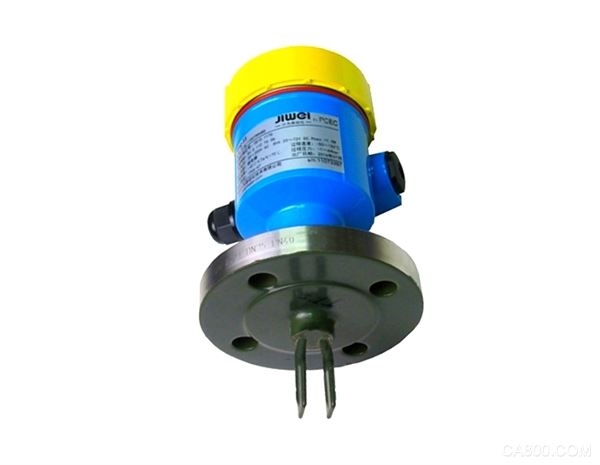Finally, the anti-corrosion coating should have a certain mechanical strength and have considerable adaptability to external stress. The conventional mechanical properties of anti-corrosion coatings include hardness, flexibility, impact resistance, wear resistance and other characteristics. When choosing, we should pay attention to choosing anti-corrosion coatings that have considerable adaptability to external stress and certain mechanical strength.
The high-power axial fan support "blow" or "pump" installation method.The rainproof function of the ventilating cascade can prevent the machine mechanical damage, and prevent the entry of moisture. With the dense Enclosure protection category, it can reach IP54 according to EN60529/10.91.Easily to replace a new fiber by moving the cascade
Ventilation Fan Filter,Electrical Cabinet Fan Filter,Cooling Filter Fan,Industrial Fan Filter Wonke Electric CO.,Ltd. , https://www.wkdq-electric.com
When choosing an anti-corrosion coating, generally follow the following principles:
First of all, according to the environment of the instrument, decide whether to add anti-corrosion coating and the thickness of the coating. The medium measured by the instrument is strong acid, strong alkali, or other corrosive organic solvents. What is the pressure of the tank body Mpa? Is it positive or negative pressure? What is the temperature measured. Generally speaking, corrosivity has a lot to do with temperature and pressure. Usually, the temperature increases, the corrosion rate increases, and the pressure increases, the corrosion also increases.
Second, choose an anti-corrosion coating with good adhesion. Whether the anti-corrosion coating can be firmly attached to the metal substrate is one of the key factors for its anti-corrosion effect. The stronger the adhesion of the anti-corrosion coating, the better its corrosion resistance and the more durable the coating.
Again, choose an anti-corrosion coating with strong anti-aging and stability. If the anti-aging performance of the anti-corrosion coating is poor and the stability is not strong, it will directly affect the effect of anti-corrosion. Therefore, the anti-corrosion coating should have good anti-aging properties, and be able to maintain stable properties in low temperature, high temperature, water, and chemical reagents.
The above is the introduction of "how to choose the anti-corrosion coating for industrial automation instruments". For knowledge of measuring instruments, please pay attention to the WeChat public account: Jiweimeter. (The article is excerpted from: Please indicate the source for reprinting.)
In the industrial production process, corrosion is a widespread phenomenon, which has a great impact on the service life of the instrument and the reliability of the measurement. As the chemical and petroleum industries have higher and higher requirements for the measurement and control technology of automated instruments, it has become a common practice to add anti-corrosion coatings to the measuring instruments to ensure the service life and reliability of the instruments. In order to ensure the anti-corrosion effect and the normal use of the instrument, the selection of anti-corrosion coating is very important. So, how to choose the anti-corrosion coating for industrial automation instruments?